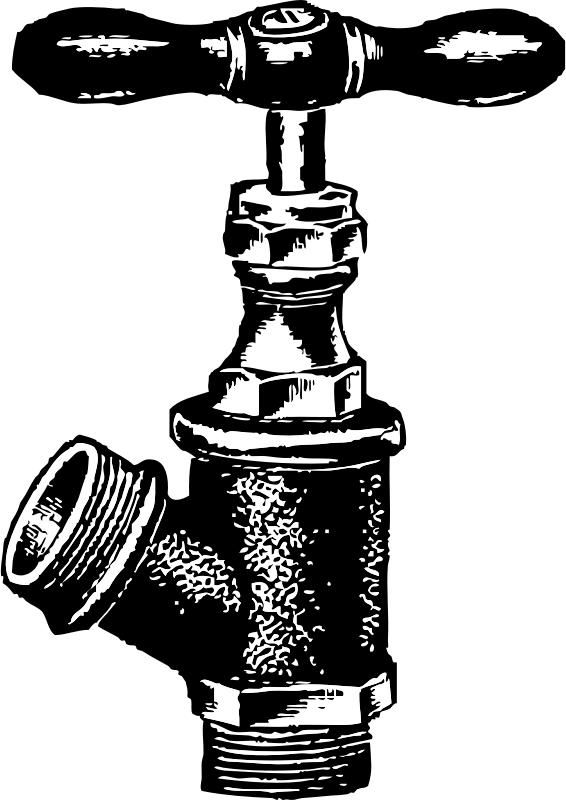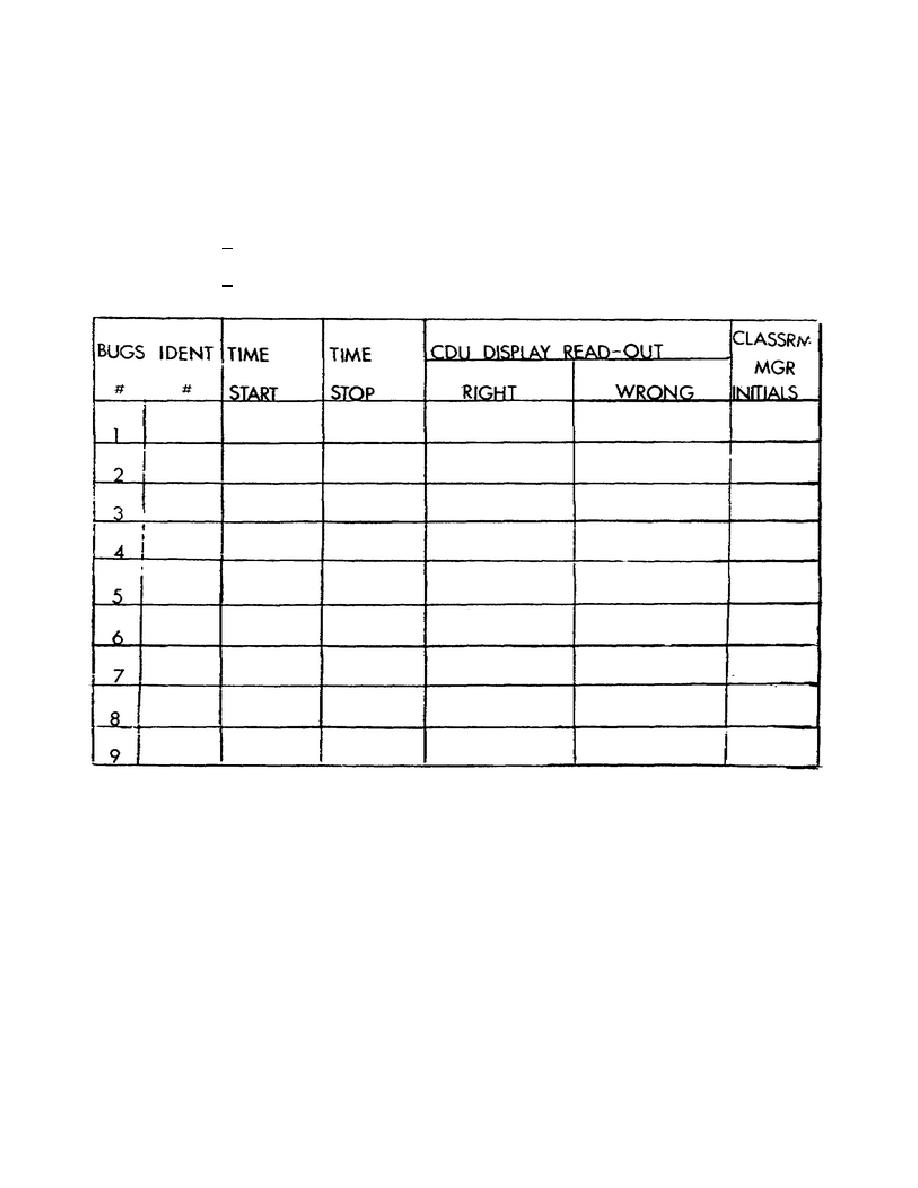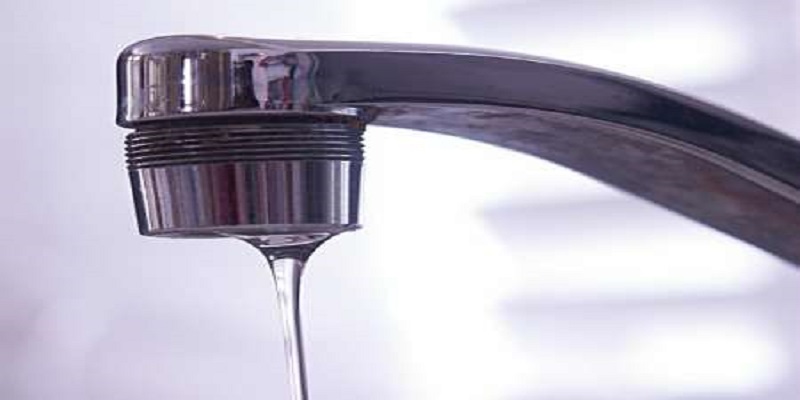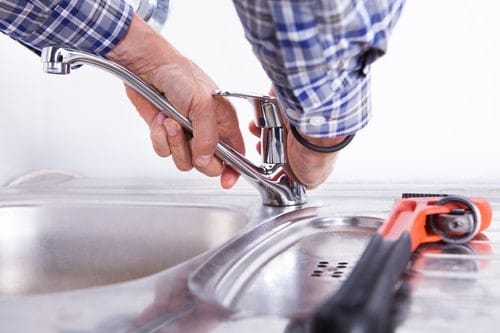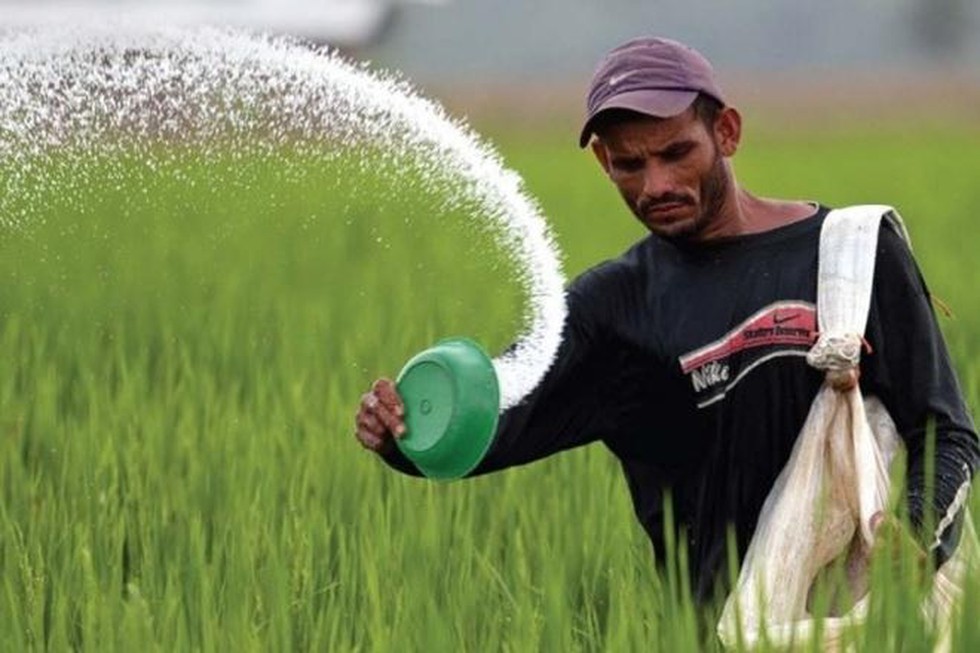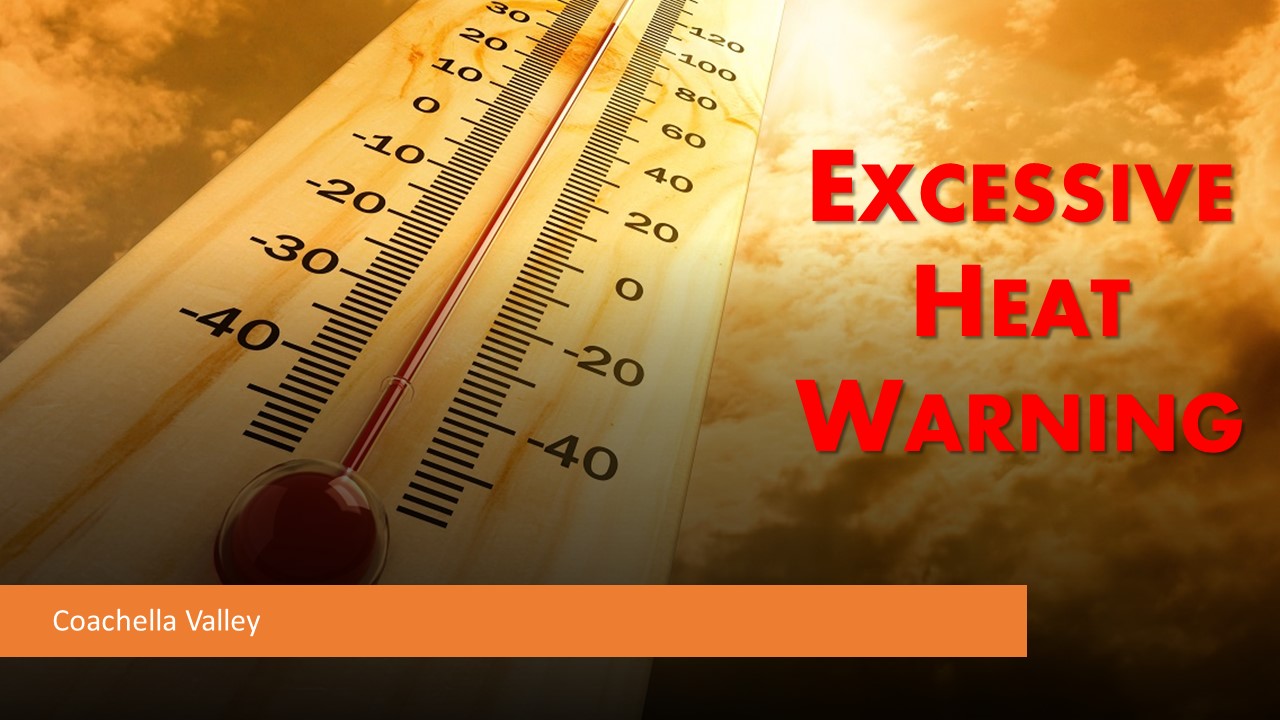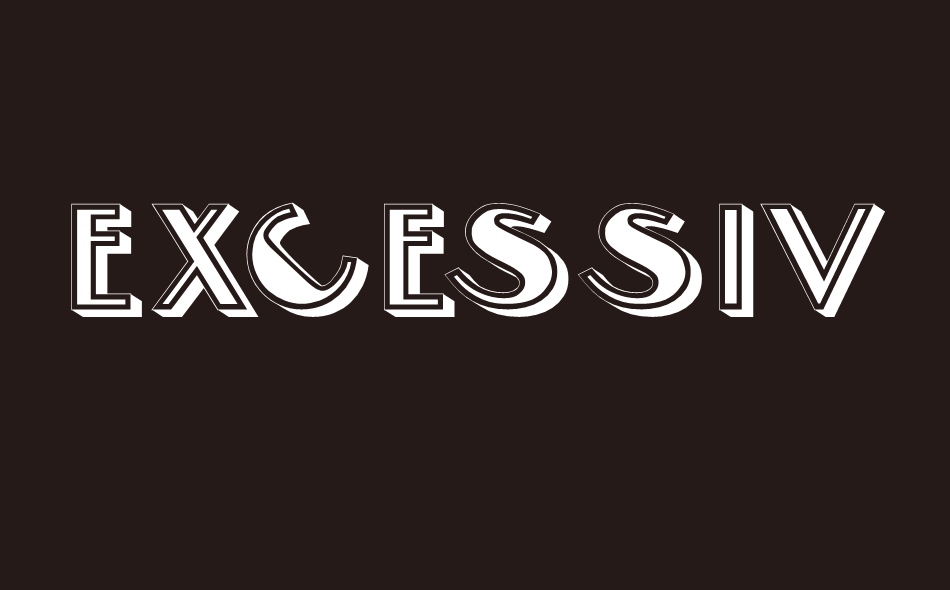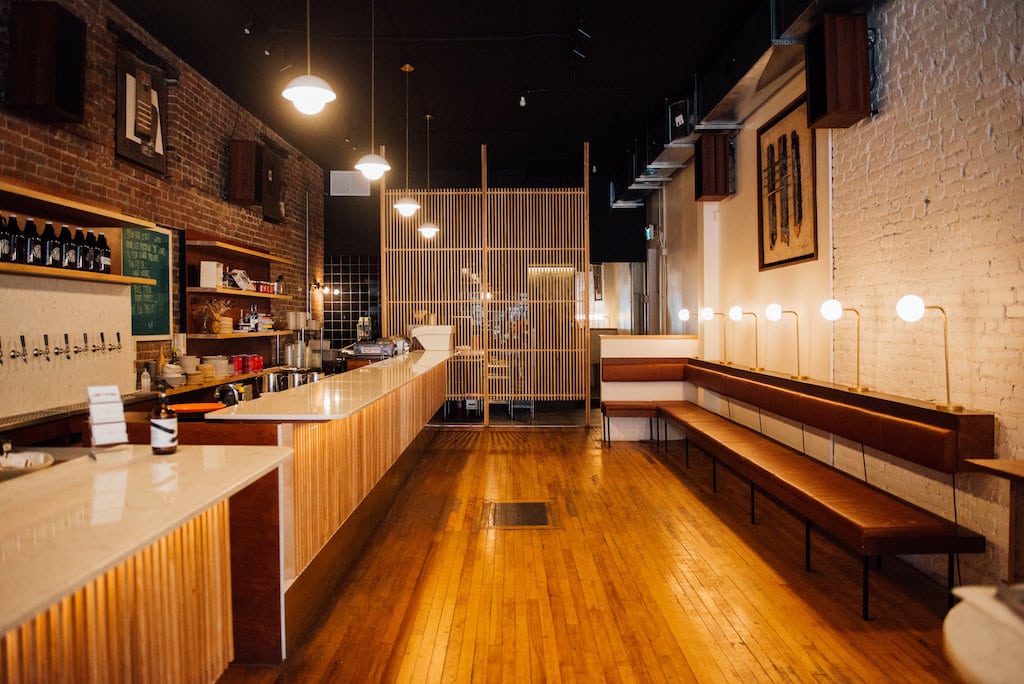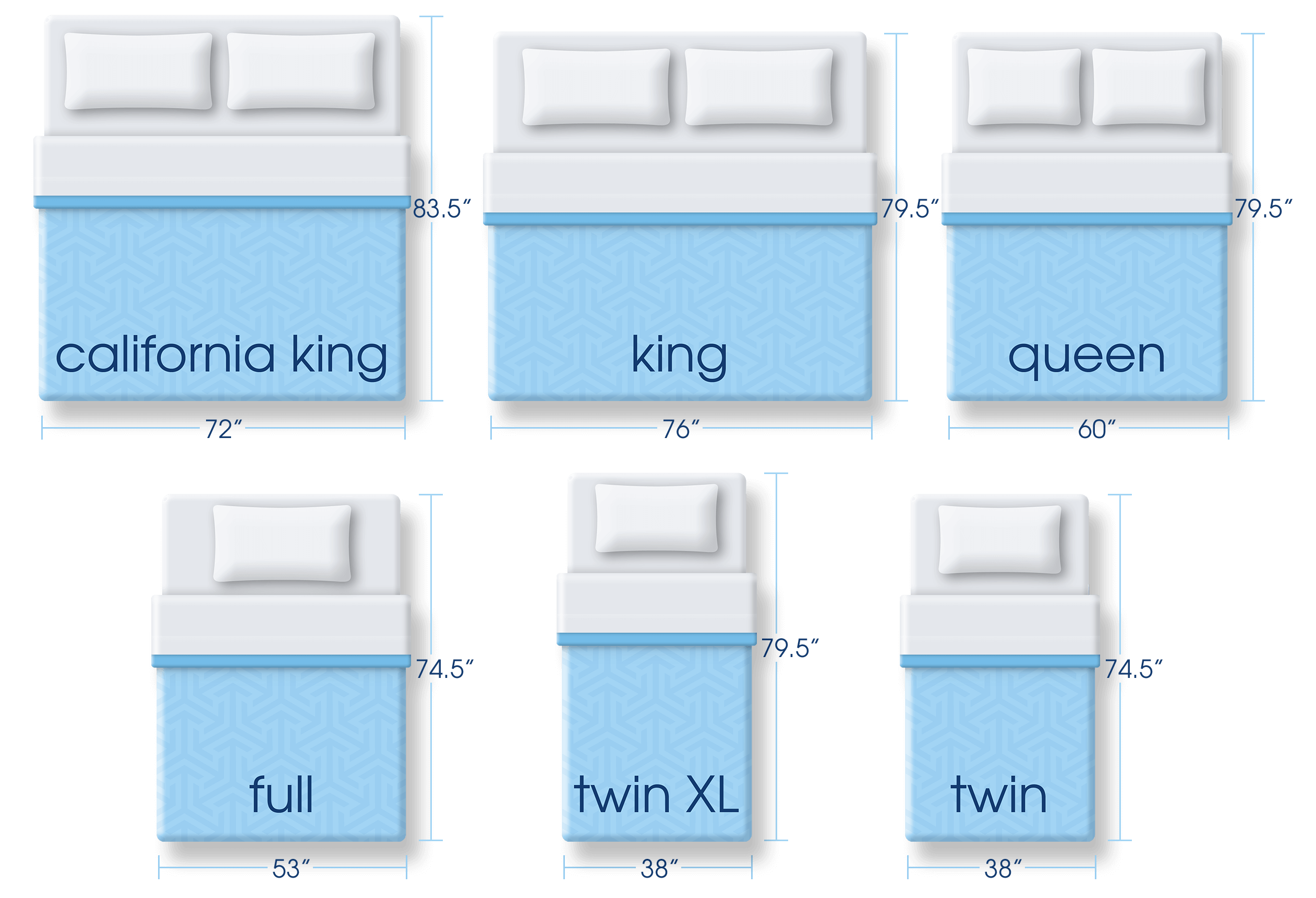A clogged drain is one of the most common causes of kitchen sink leaking. When debris, food particles, and grease build up in the drain, it can cause a blockage and prevent water from draining properly. This can result in water backing up and overflowing from the sink, leading to leaks and potential water damage. To prevent a clogged drain, it is important to regularly clean it by pouring boiling water down the drain or using a mixture of baking soda and vinegar. Avoid pouring oil, grease, and food scraps down the drain to prevent future clogs.1. Clogged Drain
Another main cause of kitchen sink leaks is loose connections. Over time, the connections between the sink, pipes, and other plumbing fixtures can become loose due to normal wear and tear. This can cause water to seep out and create leaks. To fix this issue, you can simply tighten the connections using a wrench. However, if the connections continue to come loose, it may be a sign of old or deteriorating pipes and may require professional repair or replacement.2. Loose Connections
Damage to the pipes under the sink can also be a main cause of kitchen sink leaks. This can occur due to corrosion, freezing temperatures, or physical damage. When pipes are damaged, water can leak out and cause damage to the surrounding areas. If you notice any signs of damage to your pipes, such as rust, cracks, or bulging, it is important to address it immediately to prevent further leaks and potential water damage. A professional plumber can assess the damage and provide the necessary repairs or replacements.3. Damaged Pipes
The seals around the sink and faucet can also wear out over time and cause leaks. These seals are designed to prevent water from seeping out, but they can become damaged or deteriorate over time, allowing water to leak out of the sink. If you notice water pooling around the base of your faucet or around the edges of your sink, it may be a sign that the seals need to be replaced. This is a simple fix that can be done by a homeowner or a professional plumber.4. Worn Out Seals
Corrosion can also be a main cause of kitchen sink leaks. When pipes or other plumbing fixtures become corroded, they can weaken and develop cracks or holes, allowing water to leak out. Corrosion can be caused by a variety of factors, including hard water, chemicals, and age. To prevent corrosion, it is important to properly maintain your plumbing fixtures and address any issues as soon as they arise. If you live in an area with hard water, consider installing a water softener to reduce the amount of minerals and chemicals that can cause corrosion.5. Corrosion
If your kitchen sink was not installed properly, it can lead to leaks. This can occur if the seals were not installed correctly or if the pipes were not connected tightly enough. Improper installation can also cause the sink to become unlevel, which can lead to water pooling and leaks. If you suspect that your sink was not installed correctly, it is best to have a professional plumber assess and fix the issue. Trying to fix it yourself may result in further damage and potentially costly repairs.6. Improper Installation
High water pressure can cause stress and strain on your plumbing fixtures, which can lead to leaks over time. This is especially true for older homes with outdated plumbing systems. When water pressure is too high, it can cause pipes and seals to weaken and eventually fail, resulting in leaks. To prevent this, consider installing a pressure regulator to control the water pressure in your home. This can help prolong the life of your plumbing fixtures and prevent leaks.7. High Water Pressure
If your sink basin is cracked or damaged, it can also be a main cause of leaks. This can occur due to physical damage, age, or poor maintenance. When the sink basin is cracked, water can seep through and cause leaks, which can lead to damage to the surrounding areas. If you notice any cracks or damage to your sink basin, it is important to have it repaired or replaced as soon as possible to prevent further leaks and potential water damage.8. Cracked Sink Basin
A faulty faucet can also be a main cause of kitchen sink leaks. This can occur if the faucet is old, damaged, or not functioning properly. A common issue with faucets is a worn out or damaged O-ring, which can cause water to seep out and create leaks. If you notice any issues with your faucet, such as dripping or difficulty turning it off, it is important to have it repaired or replaced to prevent leaks and conserve water.9. Faulty Faucet
Finally, excessive use of your kitchen sink can also lead to leaks. The constant use of water can put stress on your plumbing fixtures and cause them to wear out more quickly. This is especially true for older homes with outdated plumbing systems. To prevent this, it is important to conserve water and avoid excessive use of your kitchen sink. This can help prolong the life of your plumbing fixtures and prevent leaks.10. Excessive Use
Common Causes of Kitchen Sink Leaking

1. Wear and Tear
 One of the most common causes of kitchen sink leaking is wear and tear. Over time, the constant use of your sink can cause the seals and pipes to deteriorate, resulting in leaks. This is especially true for older homes with plumbing systems that may not have been updated in a while. The constant exposure to water, soap, and cleaning chemicals can also contribute to the deterioration of the sink and its components.
One of the most common causes of kitchen sink leaking is wear and tear. Over time, the constant use of your sink can cause the seals and pipes to deteriorate, resulting in leaks. This is especially true for older homes with plumbing systems that may not have been updated in a while. The constant exposure to water, soap, and cleaning chemicals can also contribute to the deterioration of the sink and its components.
2. Improper Installation
 Another common cause of kitchen sink leaking is improper installation. If your sink was not installed correctly, it can lead to gaps between the sink and the countertop or even between the pipes and the sink. These gaps can allow water to leak out and cause damage to your kitchen cabinets and flooring. It is important to hire a professional plumber to ensure that your sink is installed properly and prevent any potential leaks.
Another common cause of kitchen sink leaking is improper installation. If your sink was not installed correctly, it can lead to gaps between the sink and the countertop or even between the pipes and the sink. These gaps can allow water to leak out and cause damage to your kitchen cabinets and flooring. It is important to hire a professional plumber to ensure that your sink is installed properly and prevent any potential leaks.
3. Clogged Pipes and Drains
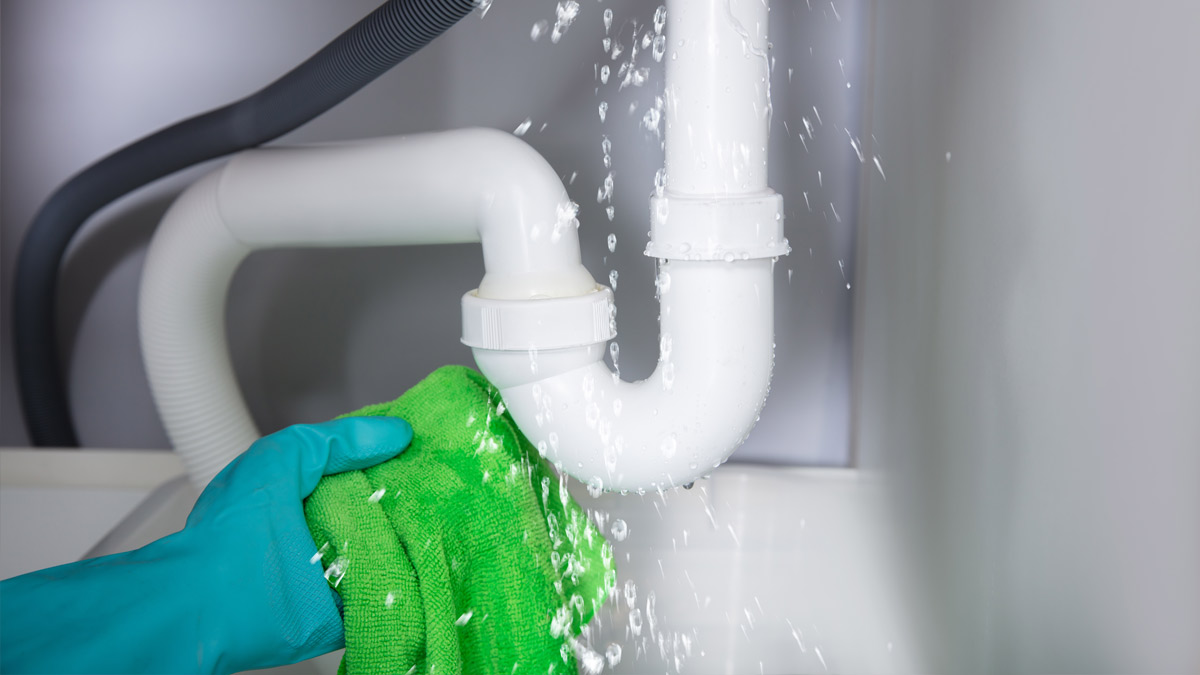 Clogged pipes and drains are not only a nuisance but can also cause leaks in your kitchen sink. When pipes and drains get clogged, water can back up and put pressure on the pipes, causing them to crack or burst. This can lead to water leaking out of the sink and causing damage to your kitchen. Regularly cleaning your pipes and drains can help prevent clogs and potential leaks.
Clogged pipes and drains are not only a nuisance but can also cause leaks in your kitchen sink. When pipes and drains get clogged, water can back up and put pressure on the pipes, causing them to crack or burst. This can lead to water leaking out of the sink and causing damage to your kitchen. Regularly cleaning your pipes and drains can help prevent clogs and potential leaks.
4. Damaged Seals
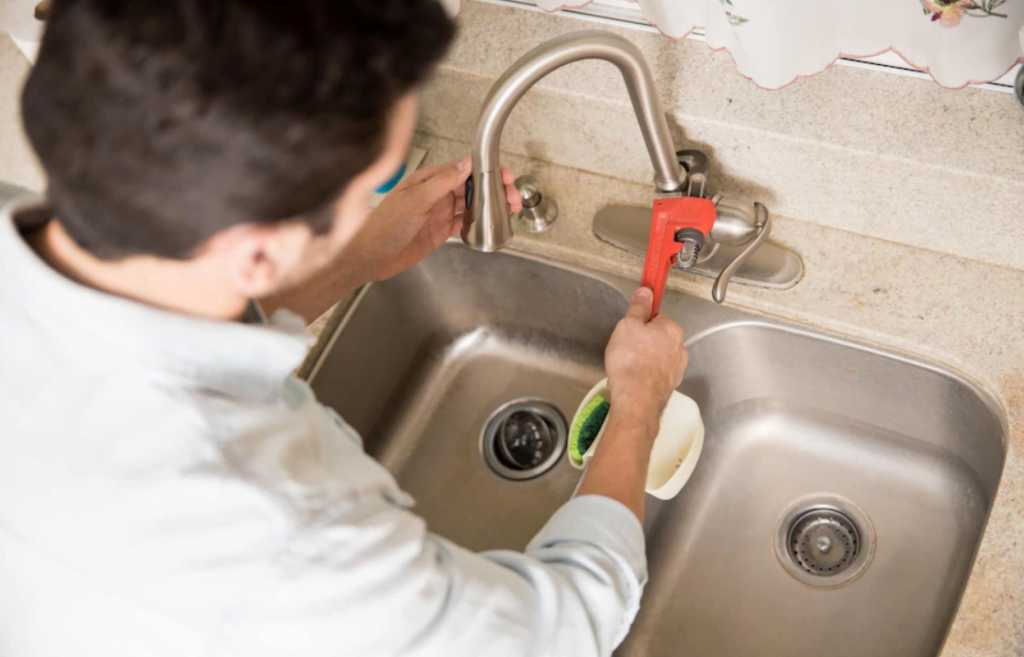 The seals around your sink and pipes are essential in preventing leaks. However, over time, these seals can become damaged or worn out, leading to leaks. This can happen due to exposure to harsh chemicals or even just from the natural aging process. It is important to regularly check the seals around your sink and replace them if they show signs of wear and tear.
The seals around your sink and pipes are essential in preventing leaks. However, over time, these seals can become damaged or worn out, leading to leaks. This can happen due to exposure to harsh chemicals or even just from the natural aging process. It is important to regularly check the seals around your sink and replace them if they show signs of wear and tear.
5. High Water Pressure
 High water pressure may seem like a good thing, but it can actually cause damage to your plumbing system and lead to leaks. When the water pressure is too high, it can put excess strain on your pipes, causing them to crack or burst and result in leaks. Installing a pressure regulator can help control the water pressure and prevent potential leaks.
High water pressure may seem like a good thing, but it can actually cause damage to your plumbing system and lead to leaks. When the water pressure is too high, it can put excess strain on your pipes, causing them to crack or burst and result in leaks. Installing a pressure regulator can help control the water pressure and prevent potential leaks.
Conclusion
 In conclusion, there are several common causes of kitchen sink leaking, including wear and tear, improper installation, clogged pipes and drains, damaged seals, and high water pressure. It is important to regularly check and maintain your sink to prevent leaks and potential damage to your kitchen. If you notice any signs of a leak, it is crucial to address it promptly to avoid further damage. By understanding these causes, you can take proactive measures to prevent kitchen sink leaks and keep your kitchen in top condition.
In conclusion, there are several common causes of kitchen sink leaking, including wear and tear, improper installation, clogged pipes and drains, damaged seals, and high water pressure. It is important to regularly check and maintain your sink to prevent leaks and potential damage to your kitchen. If you notice any signs of a leak, it is crucial to address it promptly to avoid further damage. By understanding these causes, you can take proactive measures to prevent kitchen sink leaks and keep your kitchen in top condition.


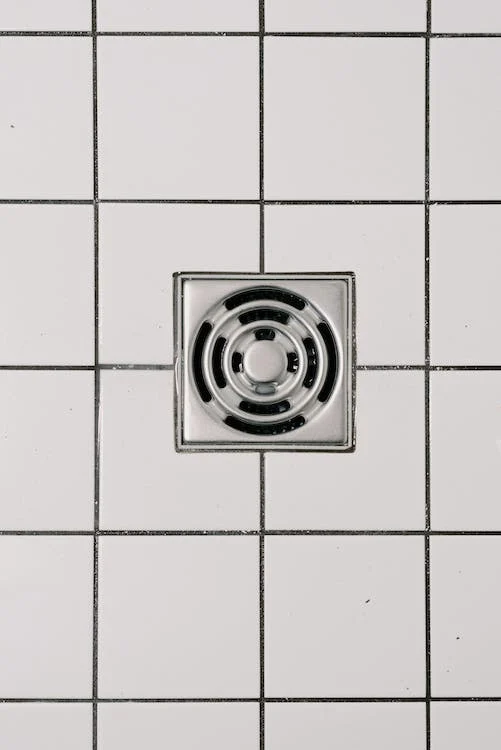

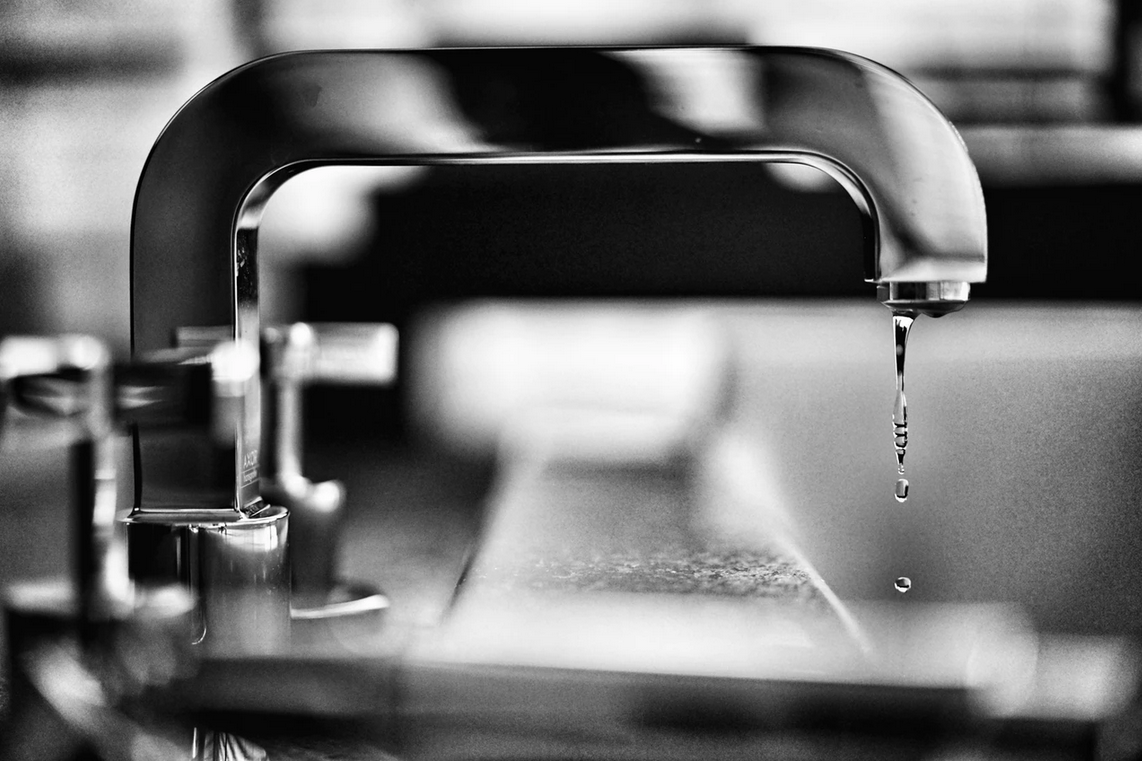



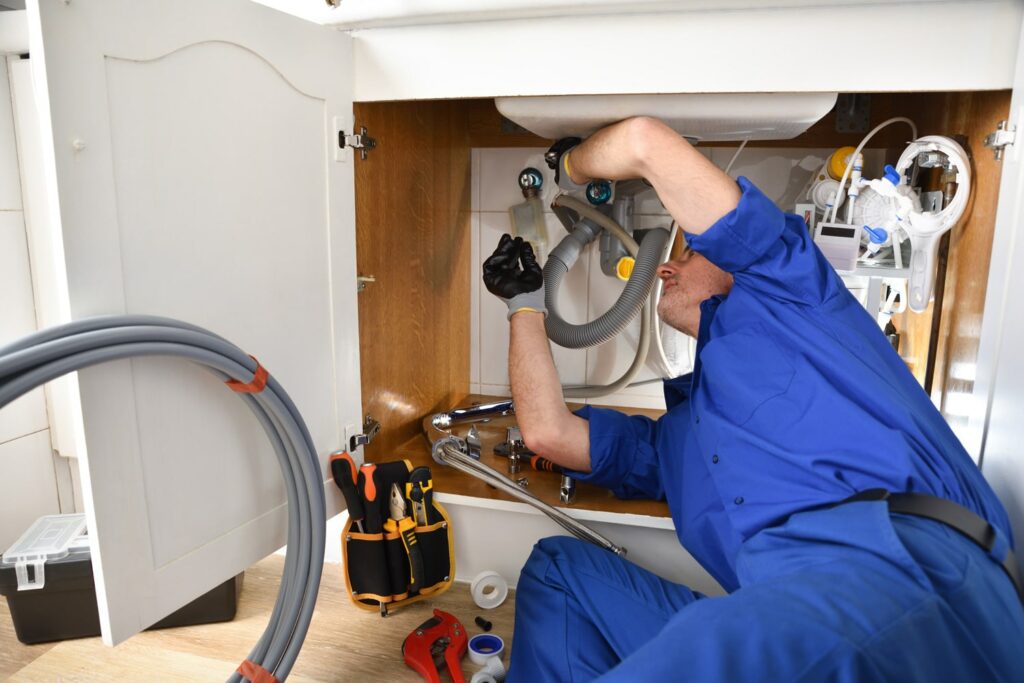


















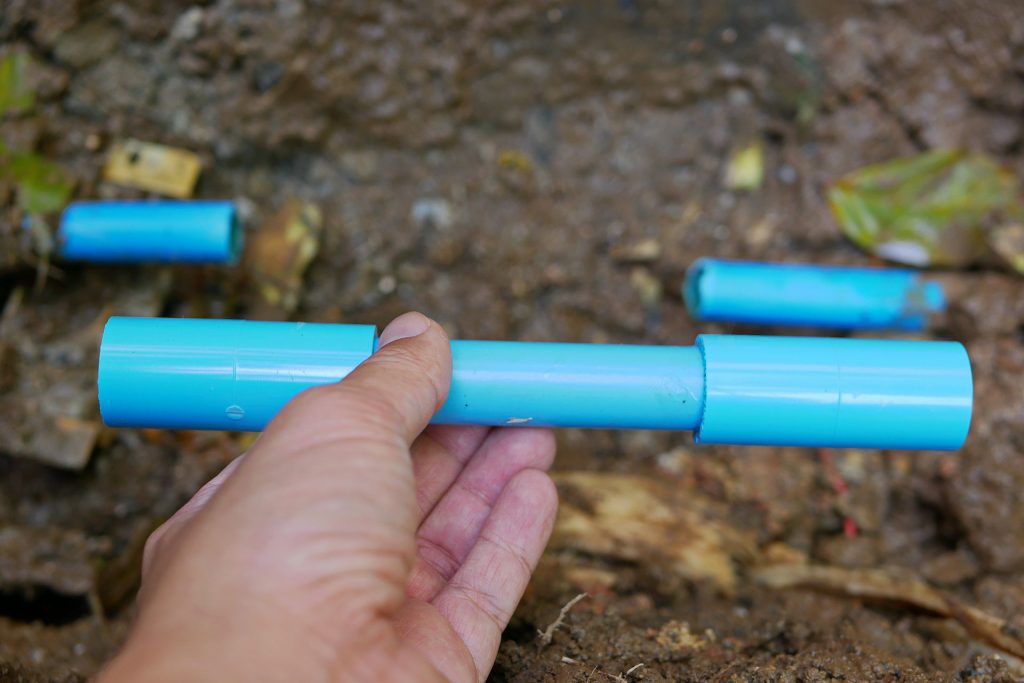

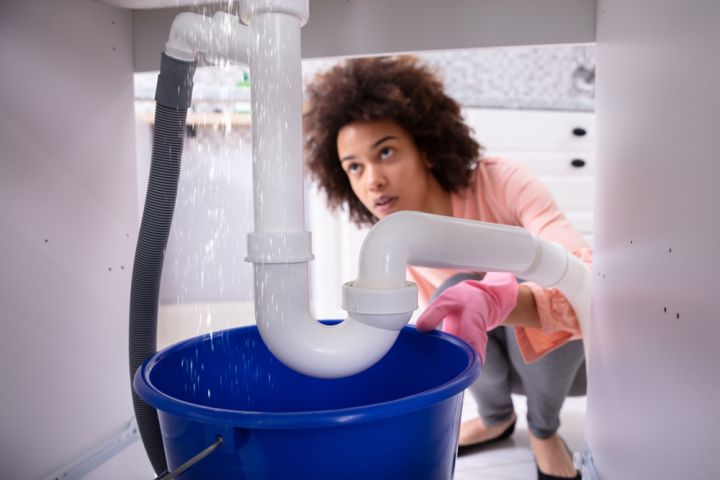

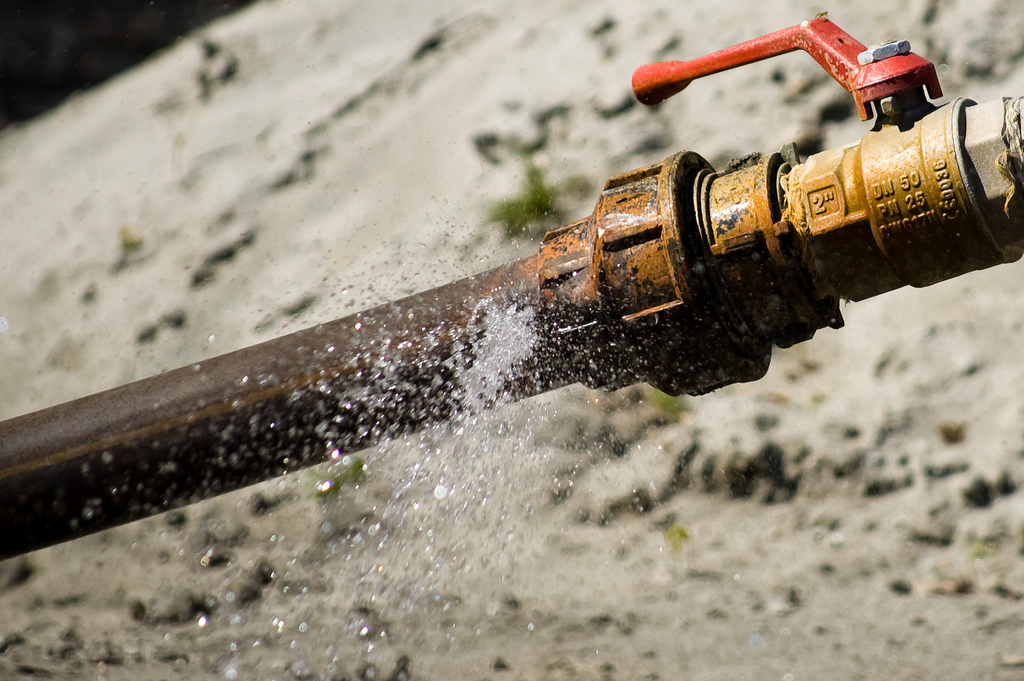
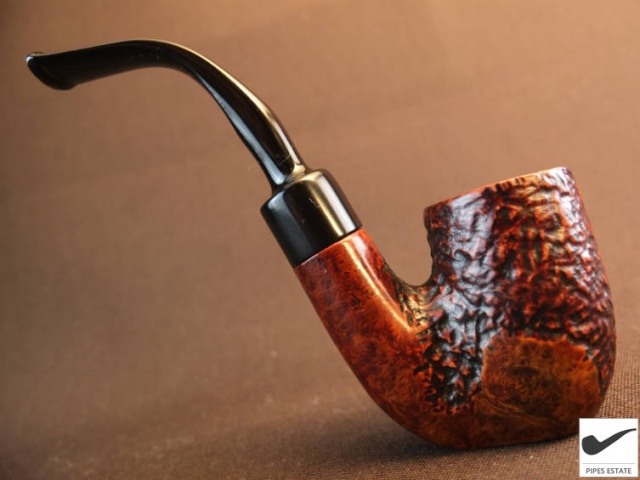

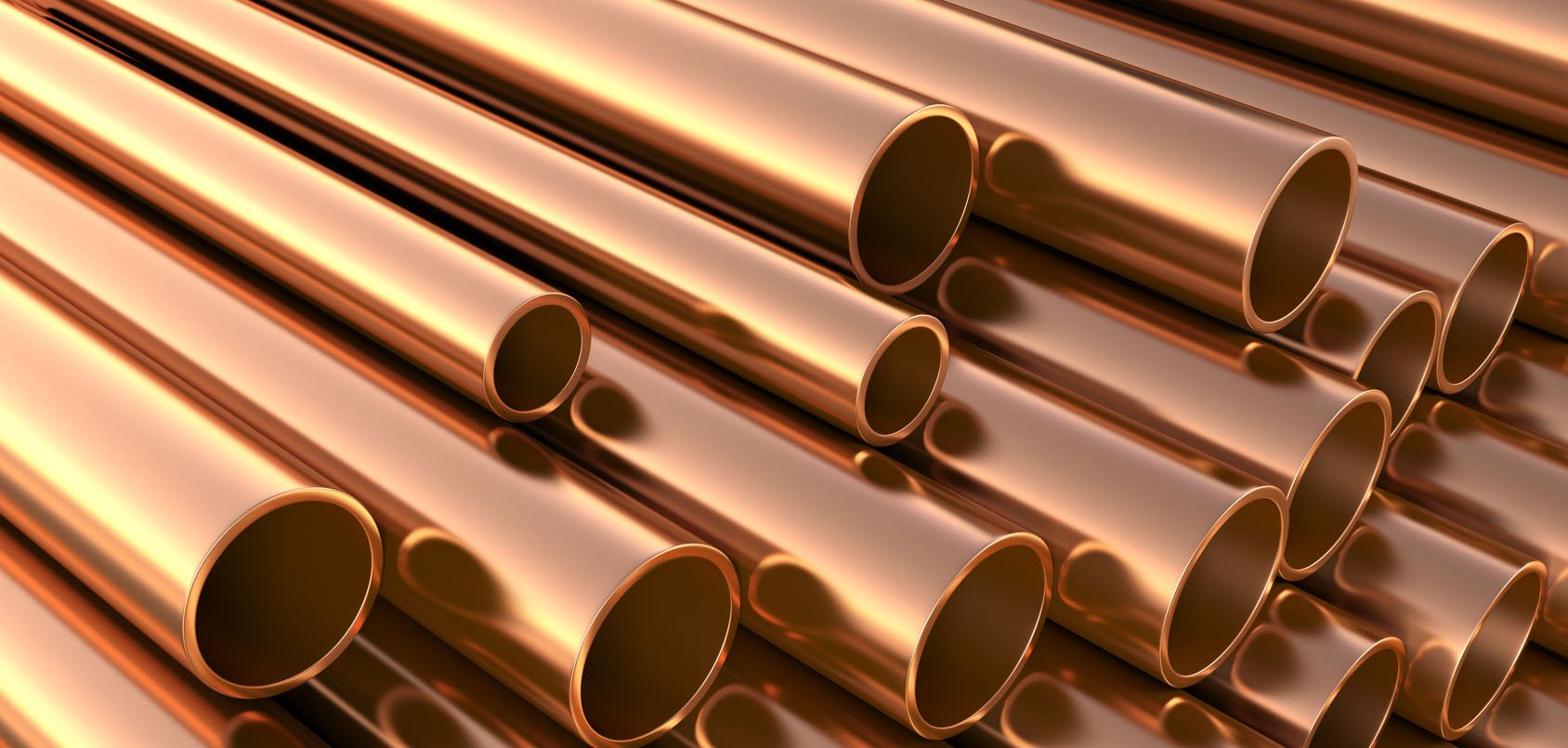
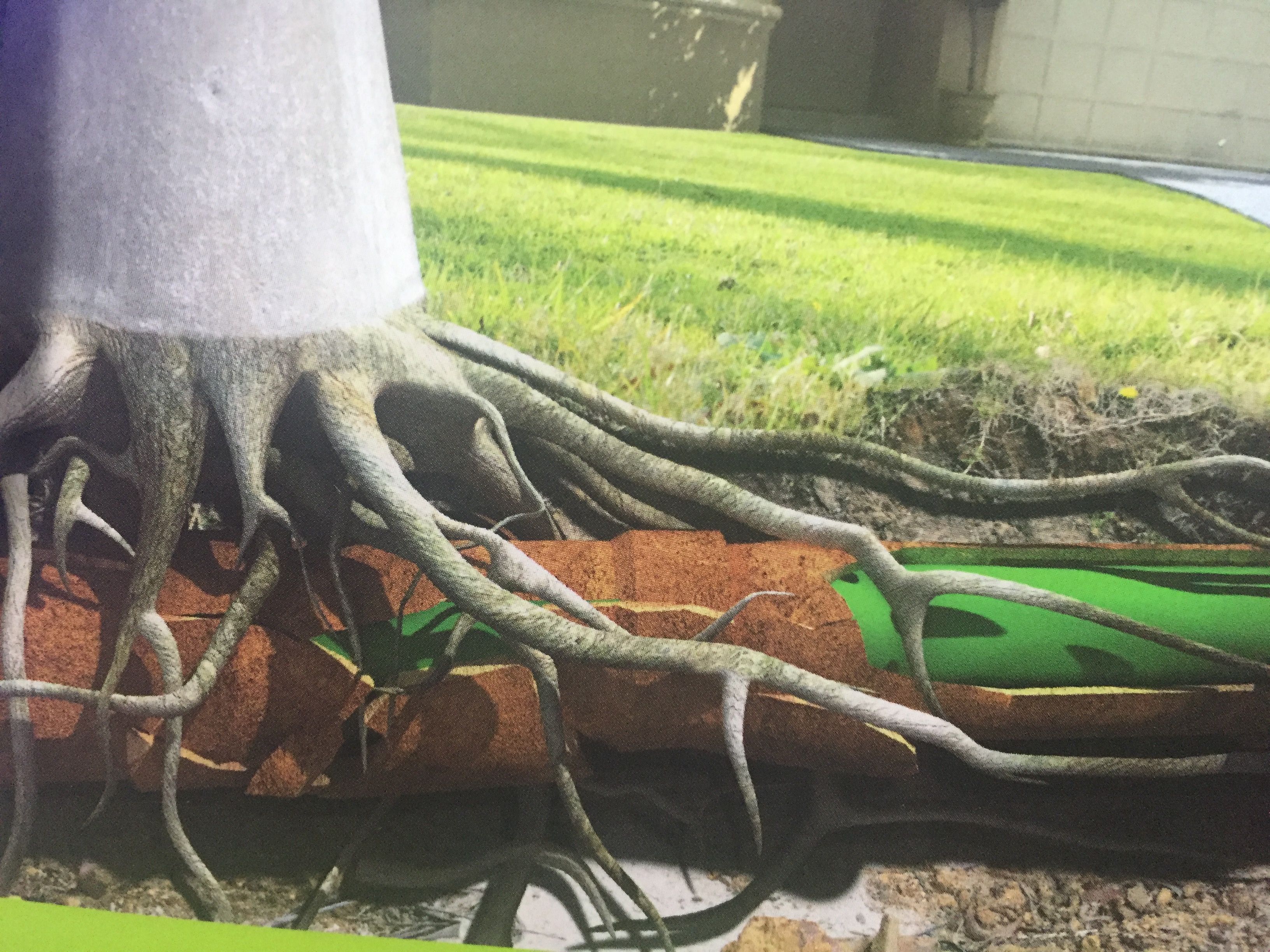




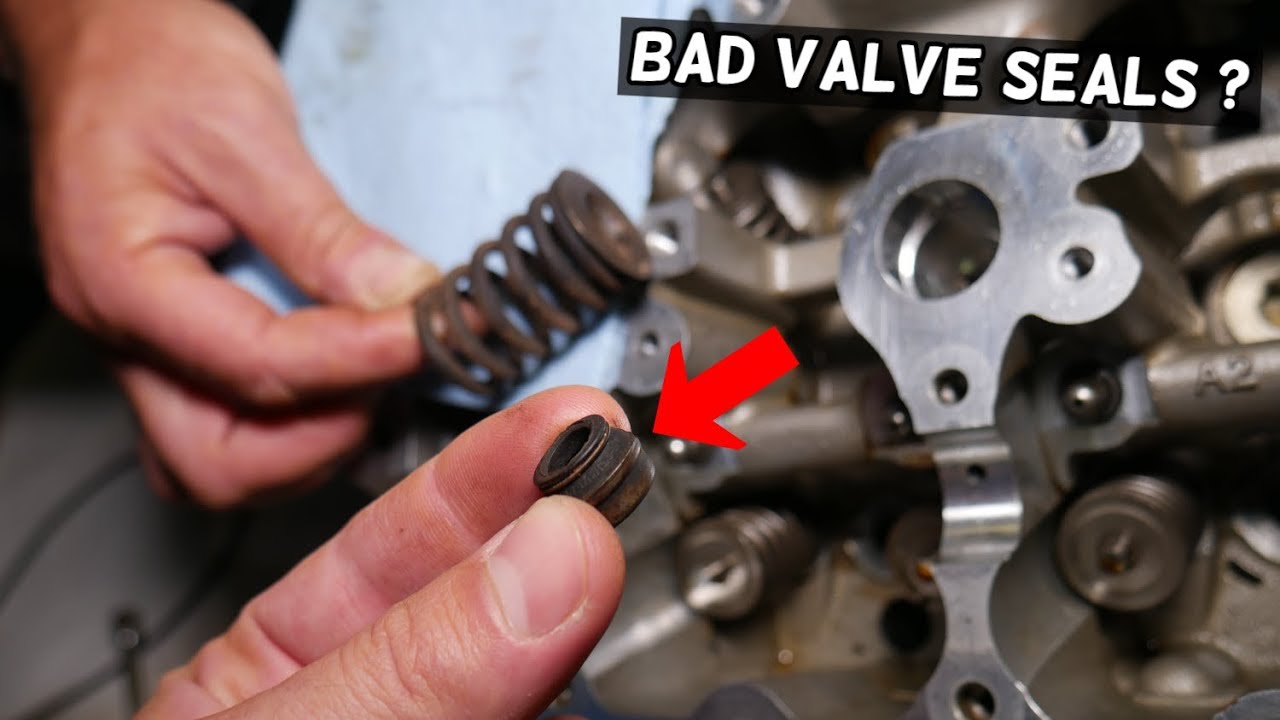
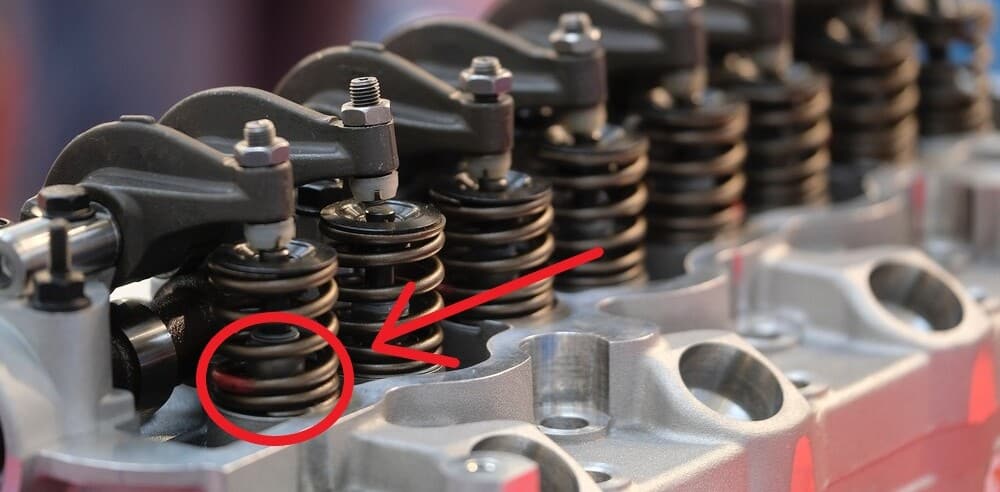



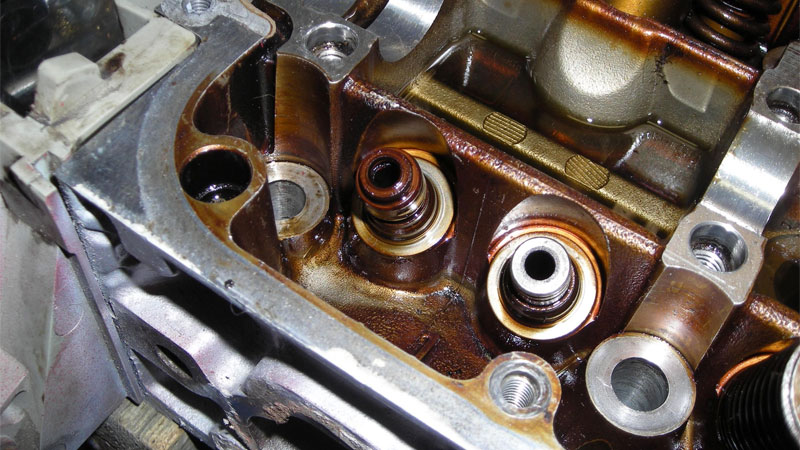
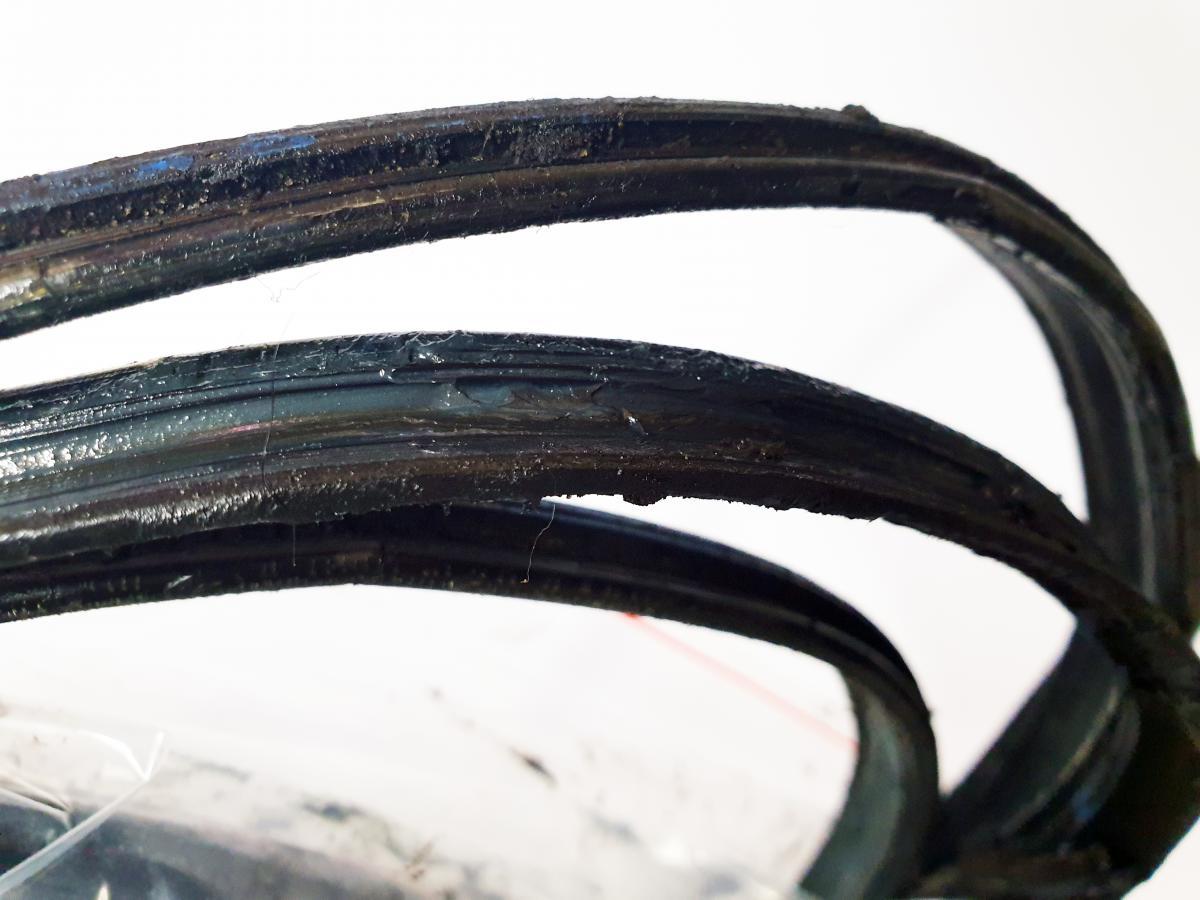



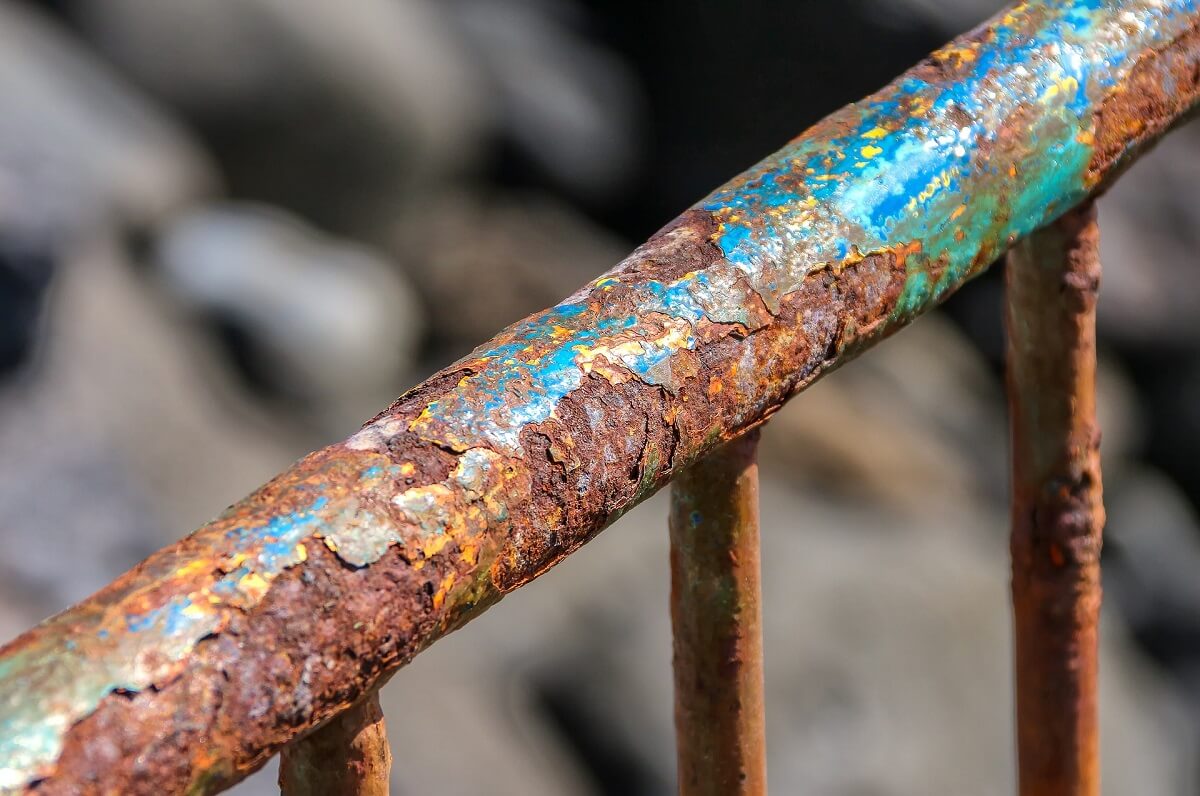





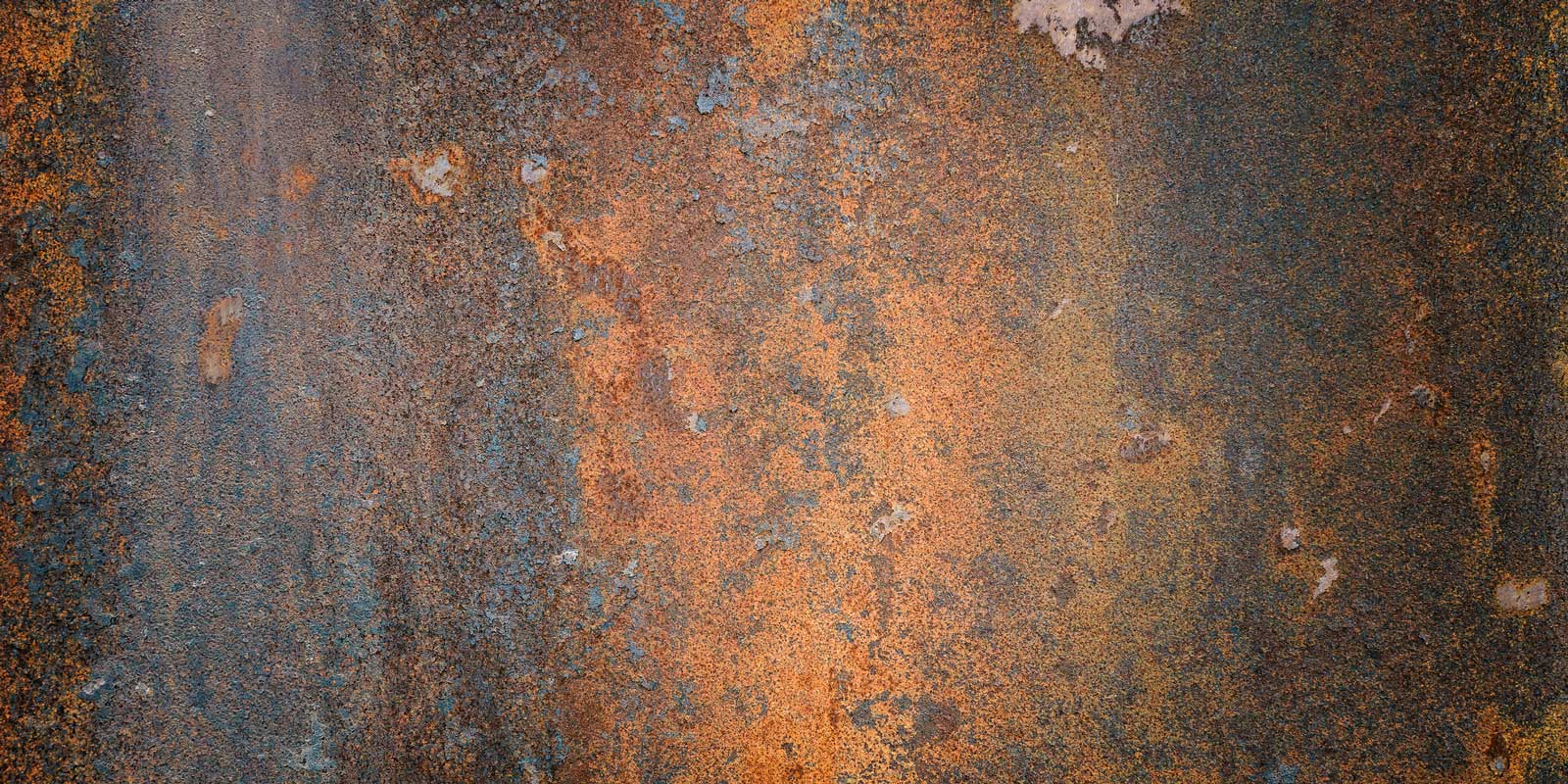

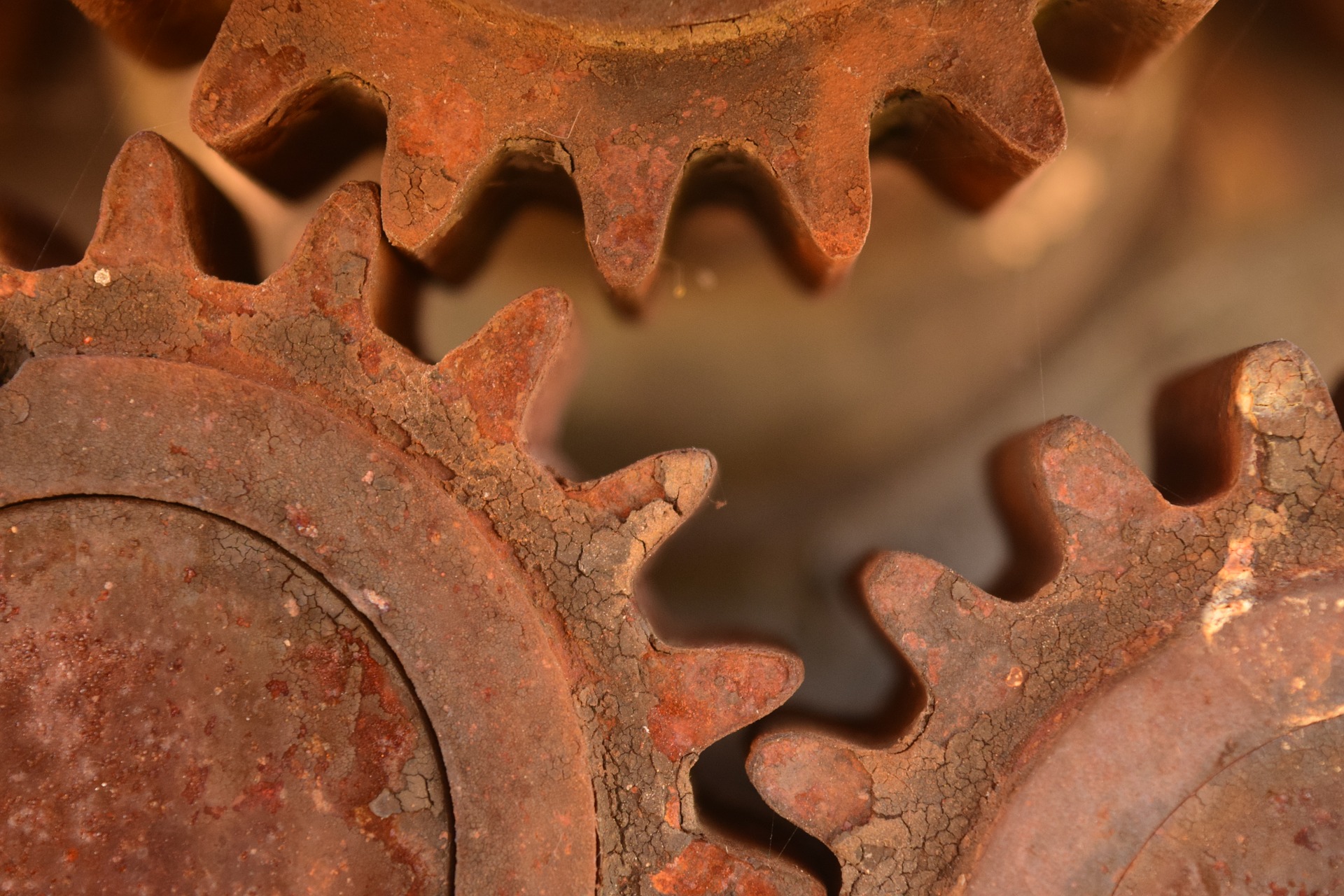

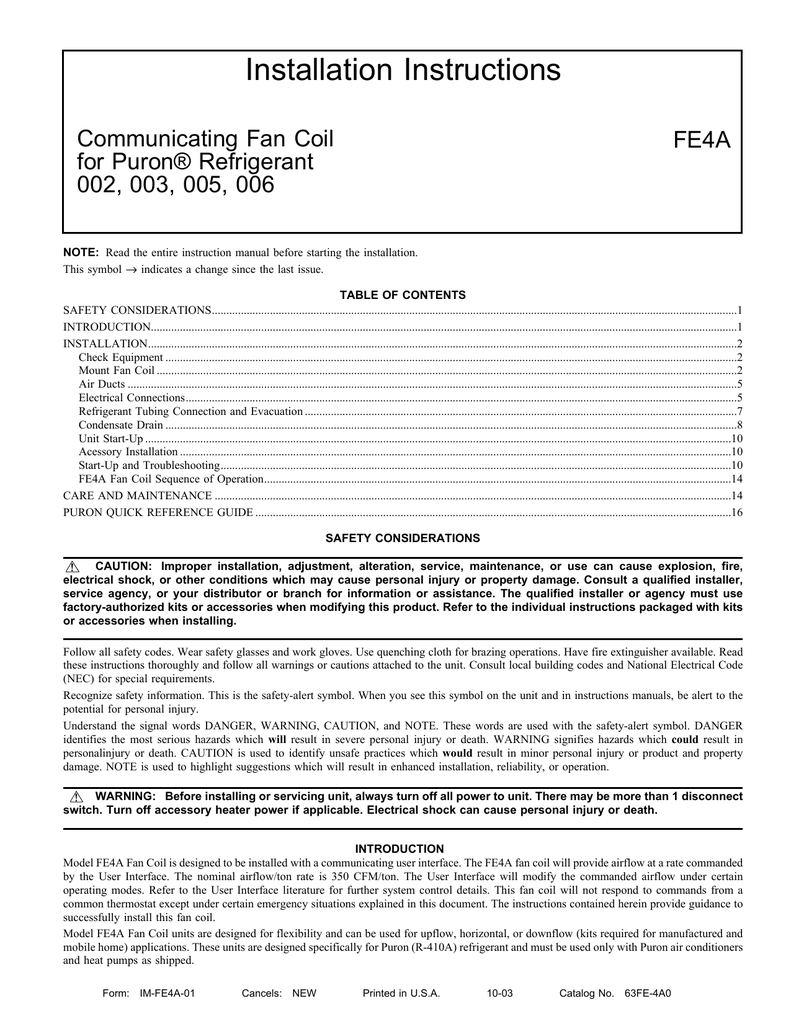




.png)
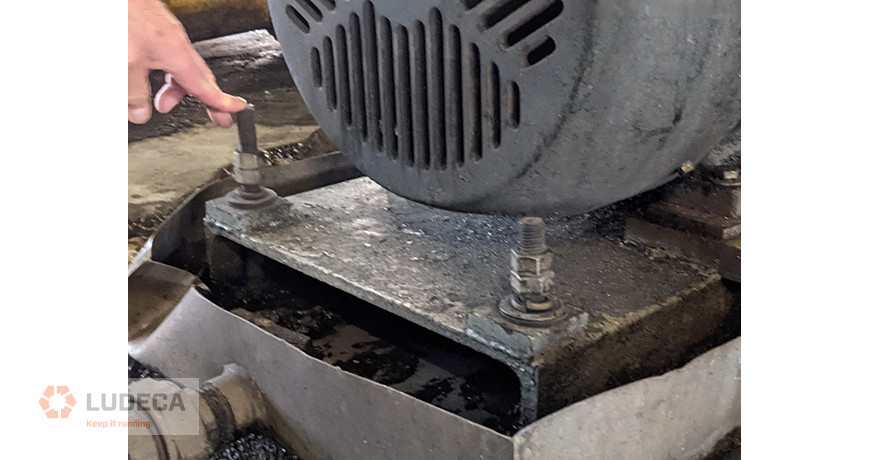

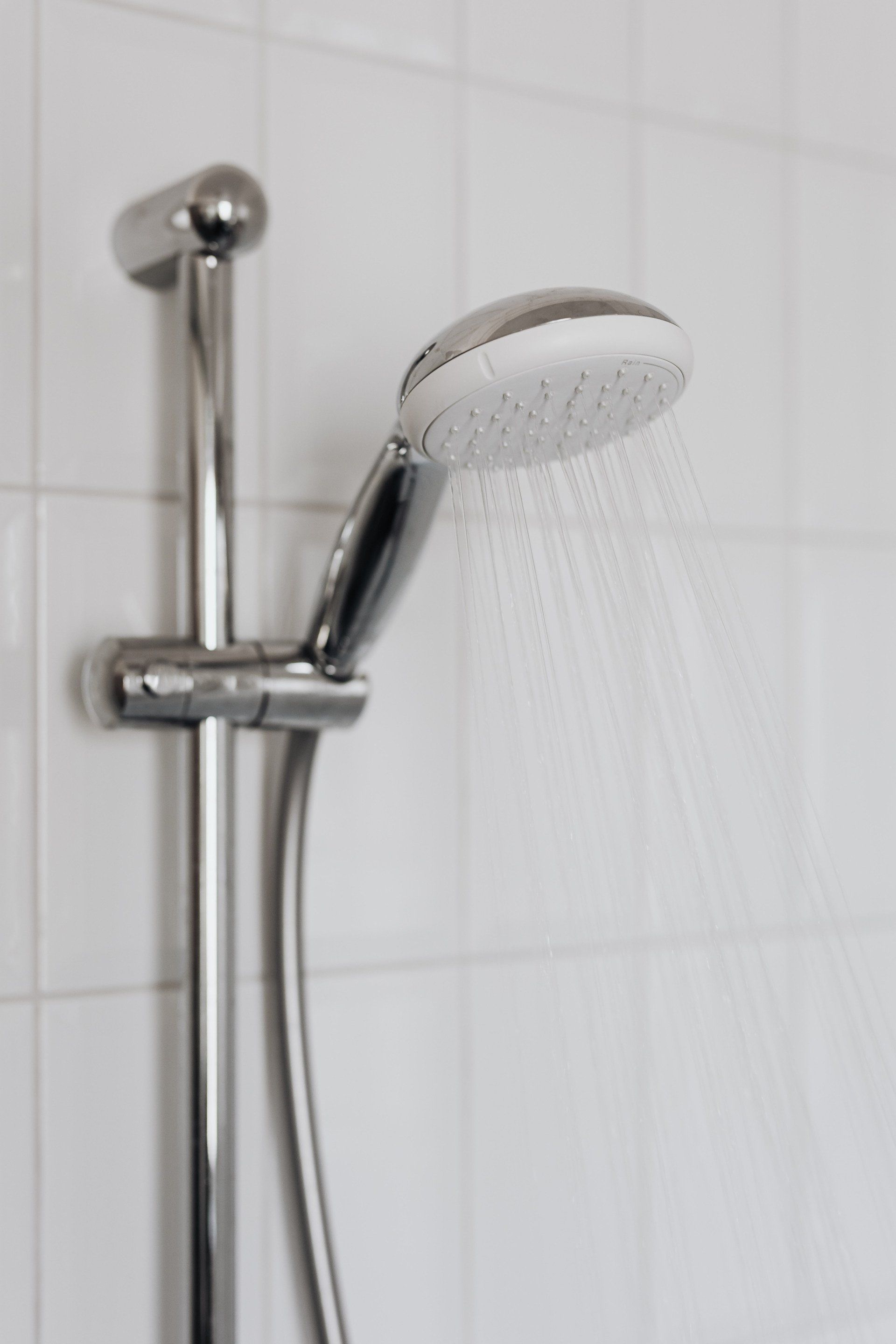

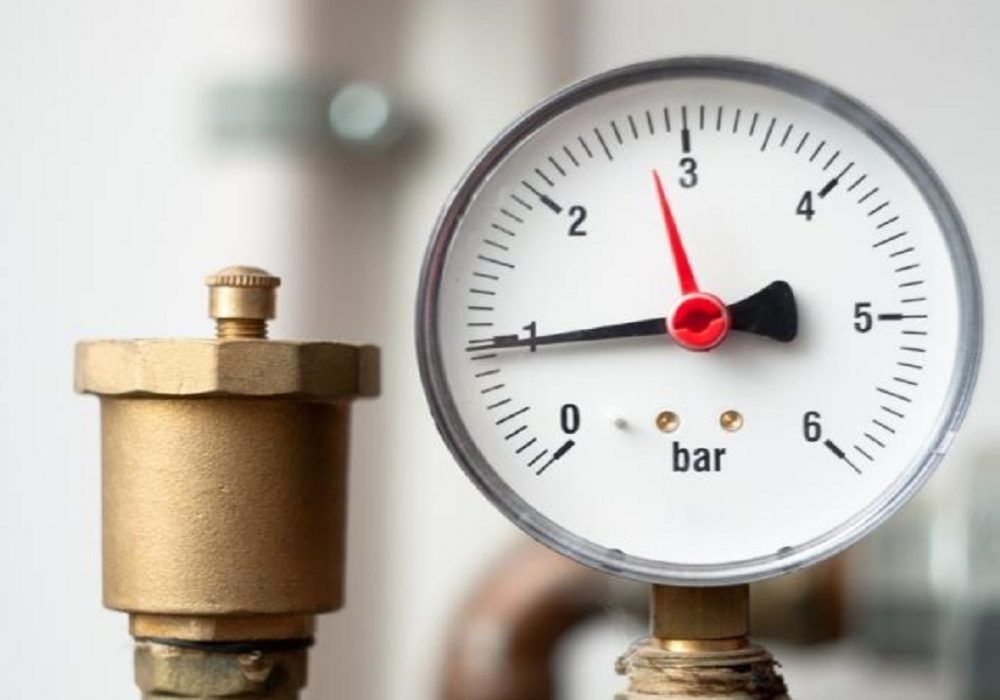
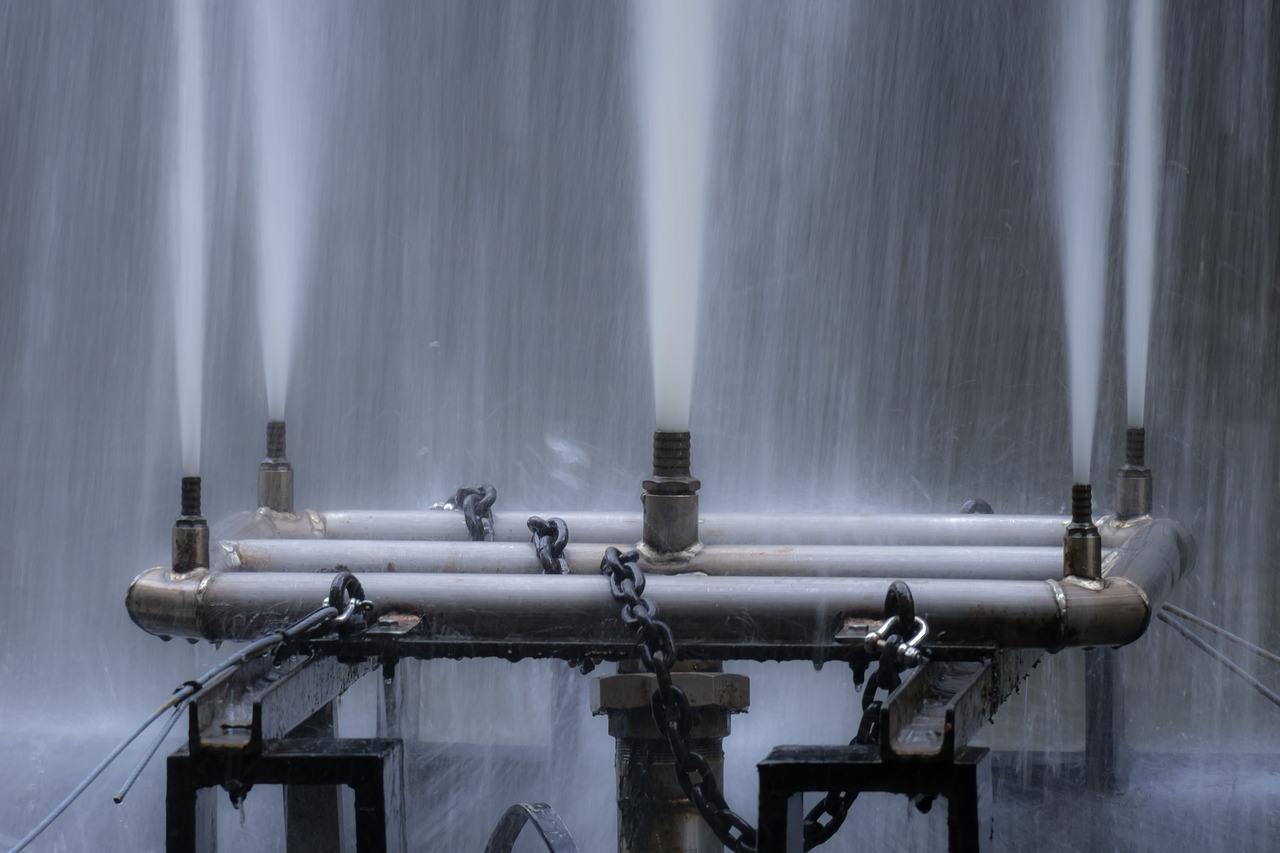
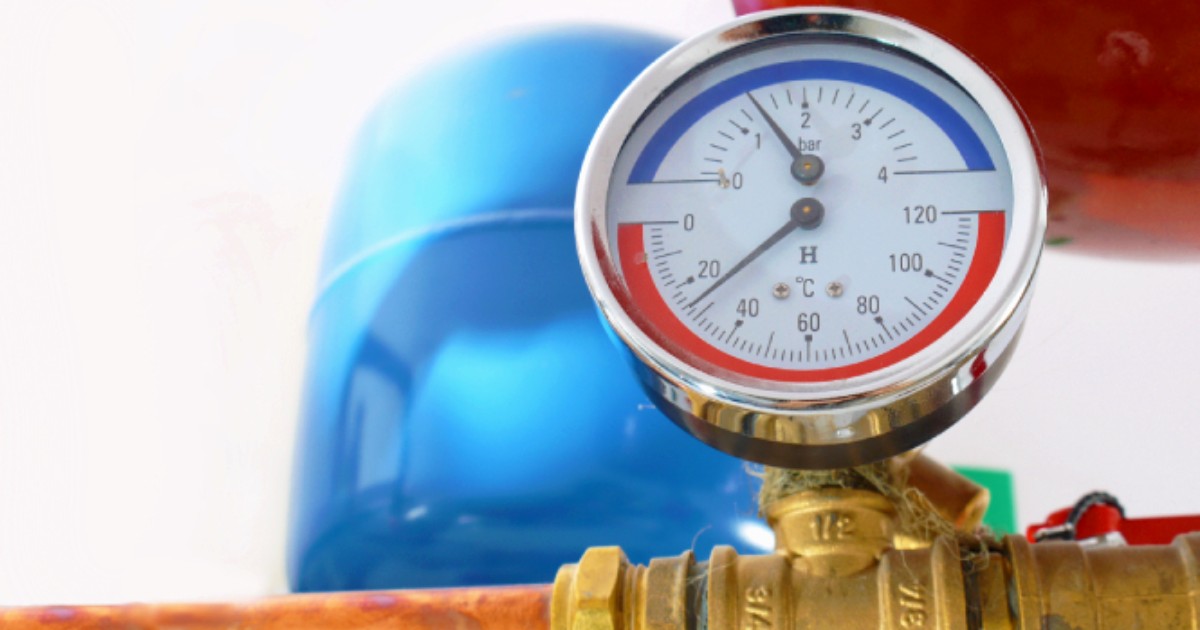






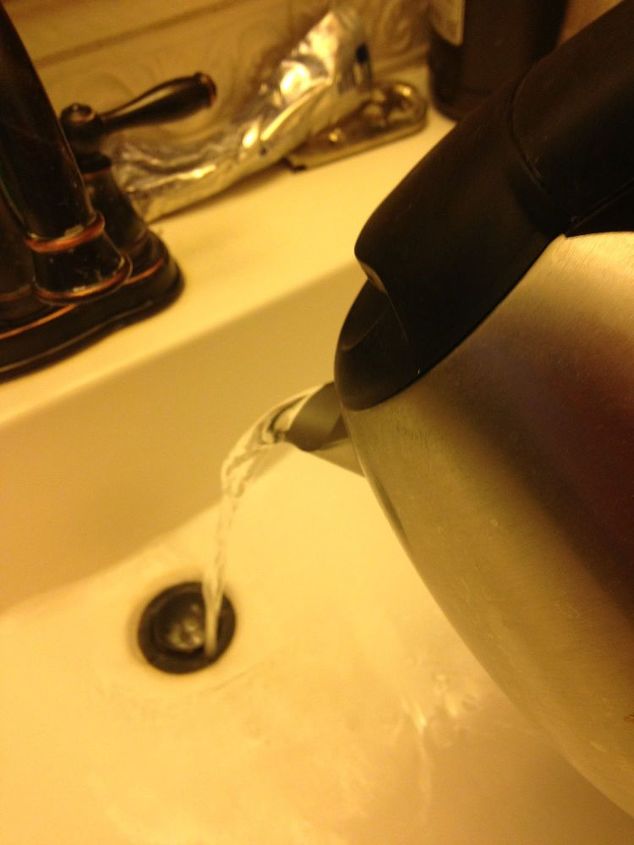
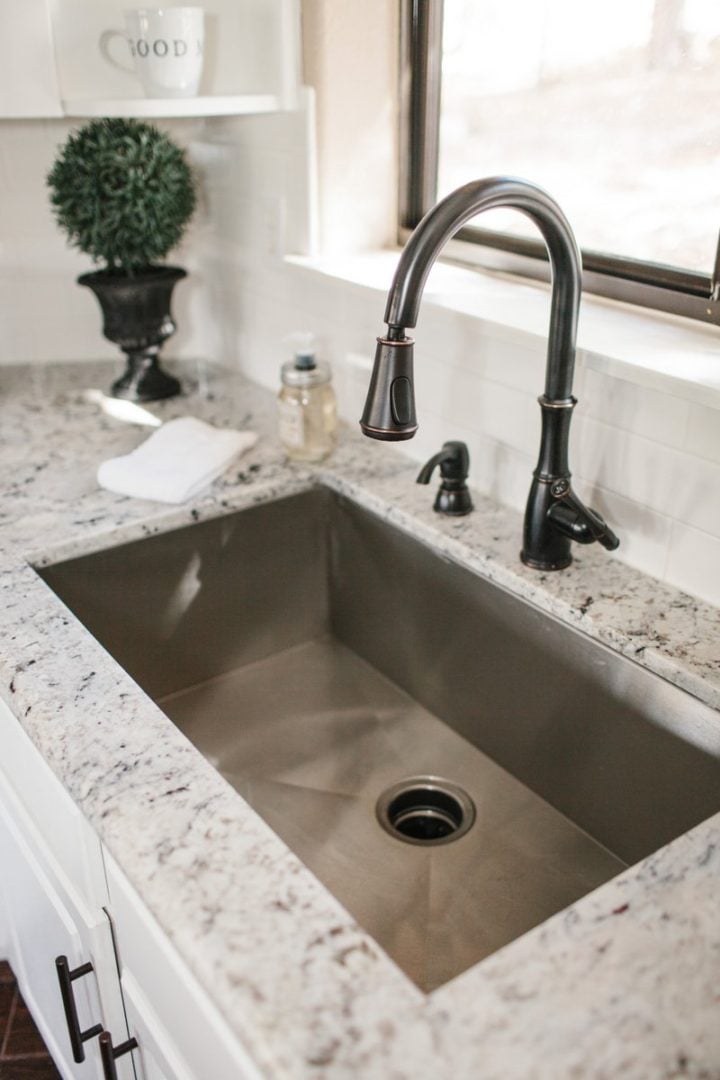


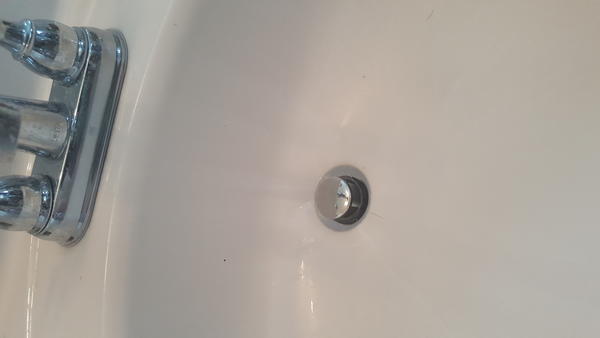




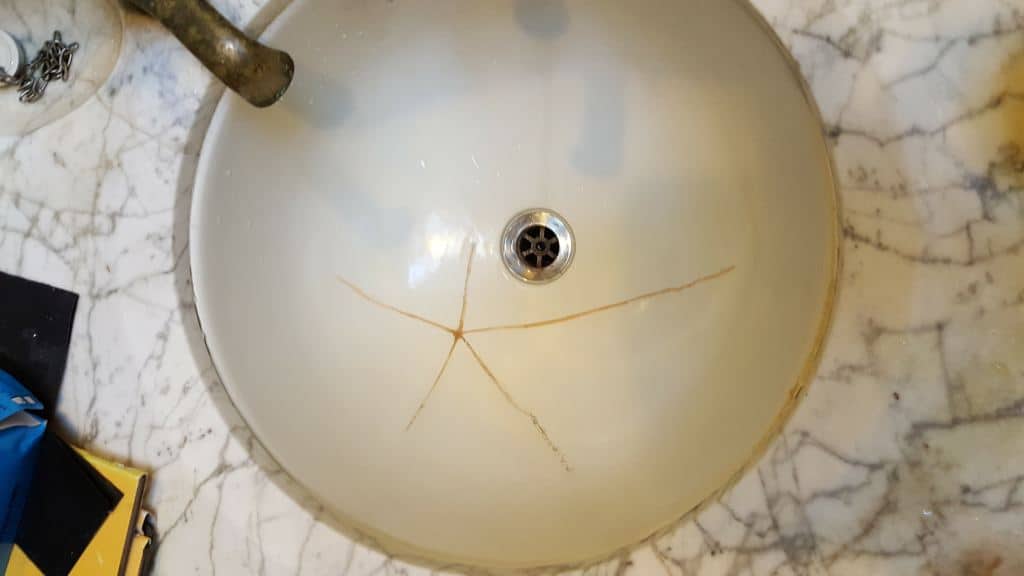


:max_bytes(150000):strip_icc()/faulty-kitchen-faucet-140358503-5840b9c43df78c02309d3c30.jpg)
